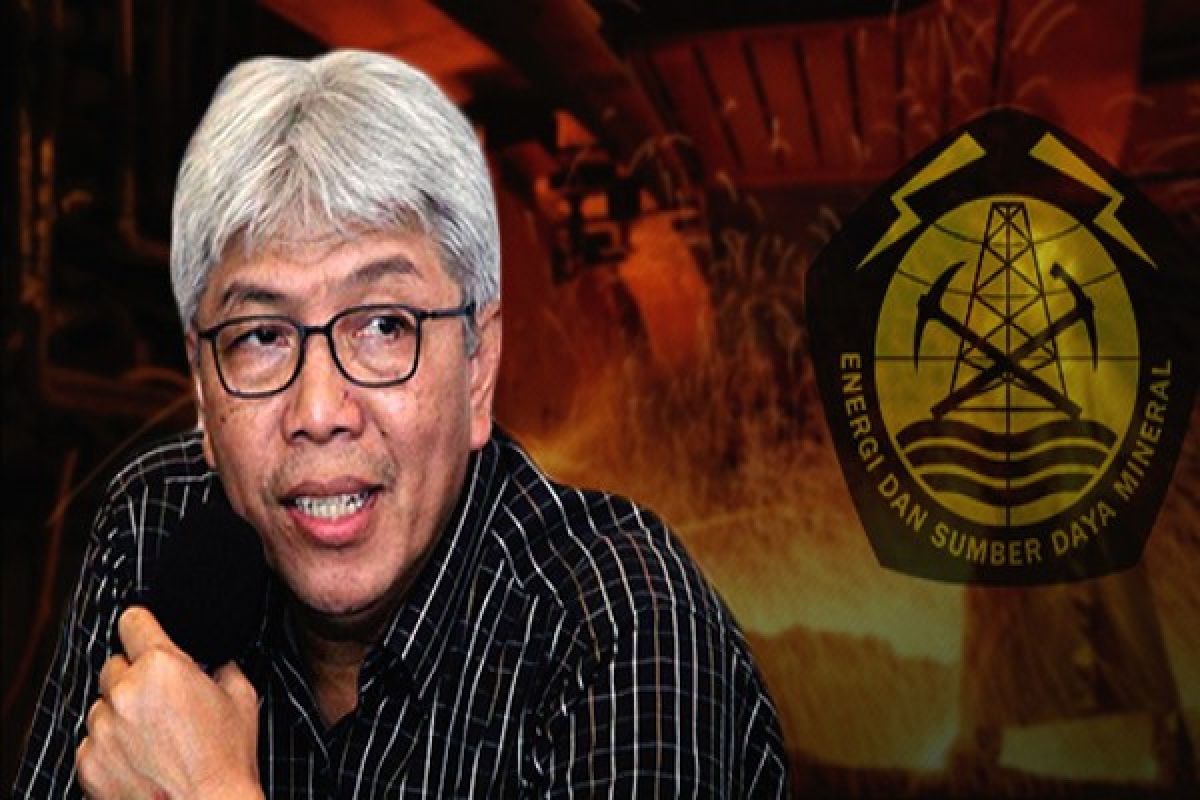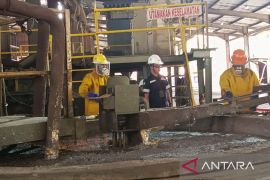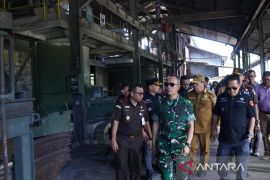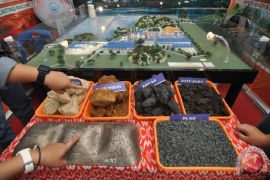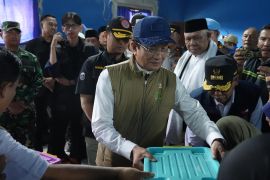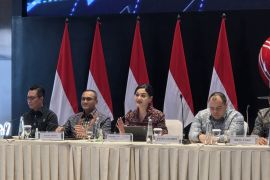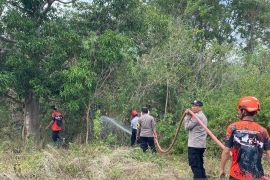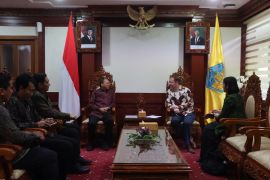"The consistency of the government in implementing the program of developing downstream industry by enforcing the regulation deserves support as it would bring about fundamental change with long term and sustainable benefit," Bambang said.
Sustainable implementation is important through synergy of all elements - regulations, investment and synchronization of upstream and downstream sector of mining, he told a seminar on "Indonesia Mining Conference" here on Wednesday.
However, the obligation of industrialization in the downstream sector should not be relied only on the private sector,he said.
Cooperation between the government and private sectors is needed to ensure that the mining sector remain competitive despite the change in the business system, he added.
The obligation to build smelters by mineral producers would bring about change in the business pattern in the mining sector from explorations, production and transport to explorations, processing, refining and transport, he said.
Based on official data at the energy and mineral resources ministry, there are six mineral ore processing and refining facilities which are already on stream in 2015 and three more units of smelter are to come on line in 2016.
The capacity of nickel smelters in 2015 is around 524,000 tons to rise to 767,000 tons in 2016. A new bauxite smelter is expected to start operation in 2016 with a processing capacity of 4 million tons per year.
Altogether, currently, there are 72 smelters in the process of construction and now in the final phase including 35 nickel smelters, 7 bauxite smelters, 8 iron smelters, 11 zircon smelters, 4 lead and zinc smelters and 4 kaolin-ziolit smelters.
(Uu.H-ASG/O001)
Editor: Priyambodo RH
Copyright © ANTARA 2015
